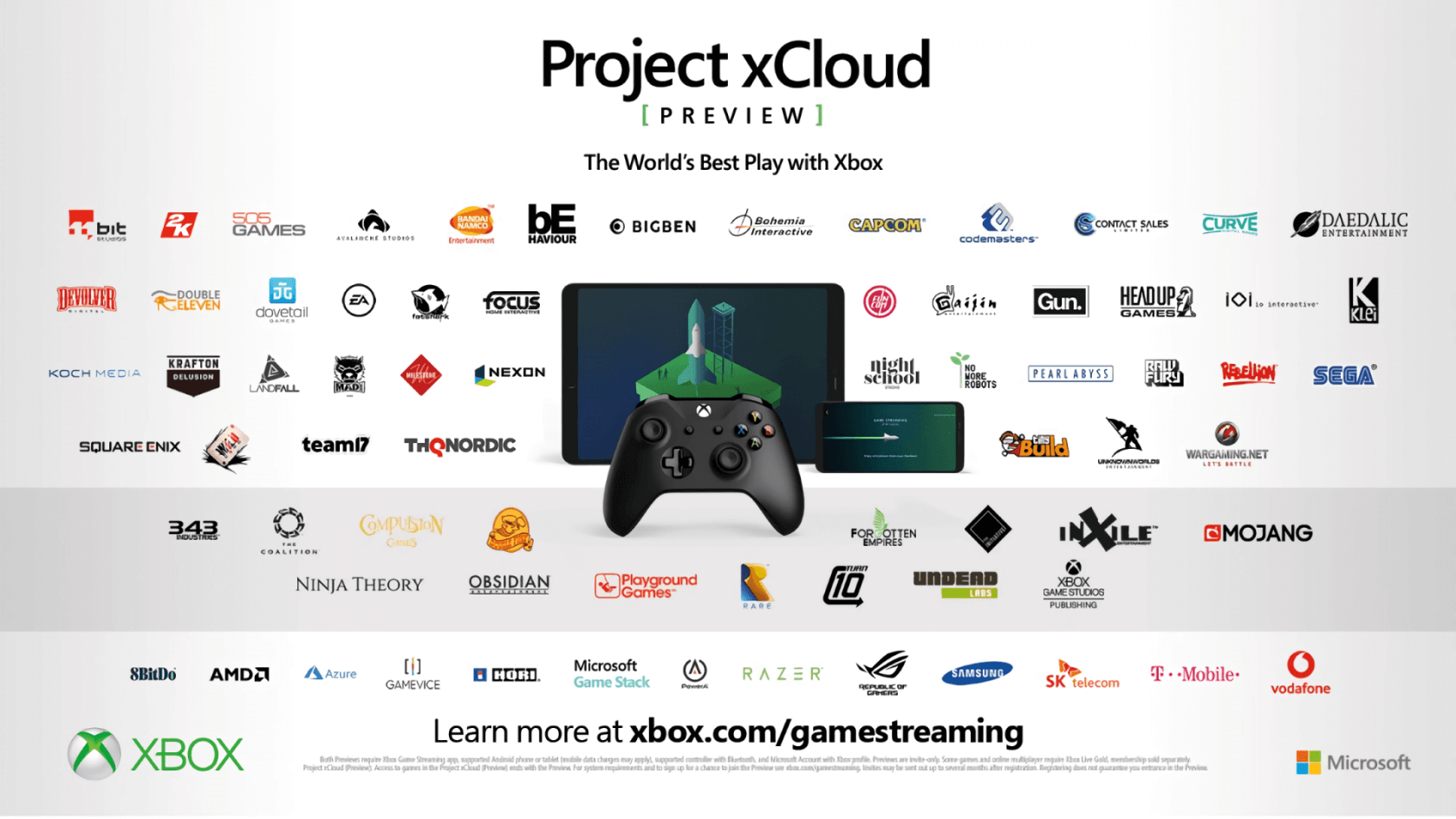A hot potato: Ask most people who are the biggest rivals to Microsoft, and they'll probably say Sony and Nintendo. But one person who disagrees is head of Xbox Phil Spencer, who says that the company sees Amazon and Google as its main future competitors.
In an interview with tech site Protocol, Spencer said the two other main console players are unable to create a cloud infrastructure that could match Microsoft's Azure.
"When you talk about Nintendo and Sony, we have a ton of respect for them, but we see Amazon and Google as the main competitors going forward," he said. "That's not to disrespect Nintendo and Sony, but the traditional gaming companies are somewhat out of position. I guess they could try to re-create Azure, but we've invested tens of billions of dollars in cloud over the years."
Microsoft might be releasing its PS5-rival Xbox Series X later this year, but it appears that Spencer sees cloud gaming as the future of the industry. The company's xCloud platform, which lets users access a wide variety of Xbox and PC games from their laptop, tablet, smartphone, or PC, is set to arrive sometime this year, and is currently available in an invite-only preview. It'll be going up against the likes of Google's Stadia service that launched in 2019.

Sony, you might remember, last year announced a "strategic partnership" with Microsoft, allowing the company use of Azure's datacenter-based solutions to support game and content-streaming services.
Spencer added that "I don't want to be in a fight over format wars with those guys [Sony and Nintendo] while Amazon and Google are focusing on how to get gaming to 7 billion people around the world. Ultimately, that's the goal."
The future of cloud gaming is certainly an interesting one. More companies are pouring resources into the sector, including Nvidia, which only just made its GeForce Now service generally available across the US and other nations. Whether streaming will replace all gaming platforms, as Ubisoft CEO Yves Guillemot once predicted, is debatable, but Microsoft appears to have plenty of faith in the technology.
